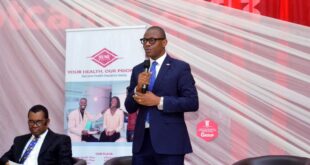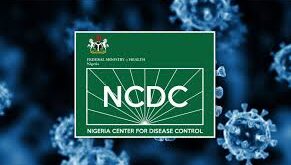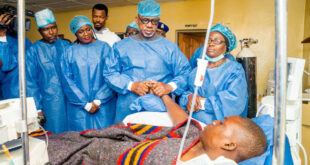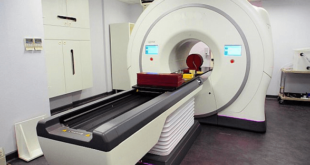By Franca Ofili
The World Health Organisation (WHO), has launched its first-ever comprehensive framework on reducing by half, anaemia prevalence in women of reproductive age, by 2025.
In a statement by Mr Francesco Branca, the Director of WHO’s Department of Nutrition and Food Safety, on Saturday, the bloc noted that progress on reducing anaemia had been slow and the world was not on track to reach the global target.
“Anaemia is a serious global public health problem, affecting 571 million women and 269 million young children worldwide.
“In 2019, anaemia affected 40 per cent of children between six months and five years of age, 37 per cent of pregnant women and 30 per cent of women between ages 15–49 years.
“It is most prevalent in low and middle income countries,” Branca said.
According to WHO, anaemia increases the risk of infections and death, impairs cognitive performance, and causes extreme fatigue, poor pregnancy outcomes, loss of earnings, and poor growth and development.
This, according to the bloc, is a strong indicator of overall health.
Branca said that most work on addressing anaemia had been focused on the prevention and treatment of iron deficiency.
“However, anaemia is a complex condition with multiple causes, including other nutritional deficiencies, infections, inflammation, gynaecological and obstetric conditions, and inherited red blood cell disorders.
“All must be addressed to effectively prevent and treat anaemia,” he stressed.
WHO said that the new framework had set on course ways to address the direct causes, risk factors and broad social inequities that were fundamental drivers of anaemia.
It highlighted the comprehensive approach that brought together multiple sectors and actors, and laid out key action areas to improve the coverage and uptake of interventions.
“Acknowledging that health remains the predominant sector for delivering many of the recommended interventions, the framework also proposes actions that other societal stakeholders can take.
“These include governments, civil society, academia, researchers, funding agencies, international organizations and media.
“Each has its particular role to perform in reducing anaemia and keeping people healthy,” it said
According to WHO, the framework was launched during the International Maternal Newborn Health Conference 2023, held in Cape Town, South Africa.
(NAN)
Subscribe to the Advocate News letter and receive news updates daily in your inbox.
 Advocate.ng Latest news update on politics, entertainment, sport and more
Advocate.ng Latest news update on politics, entertainment, sport and more




